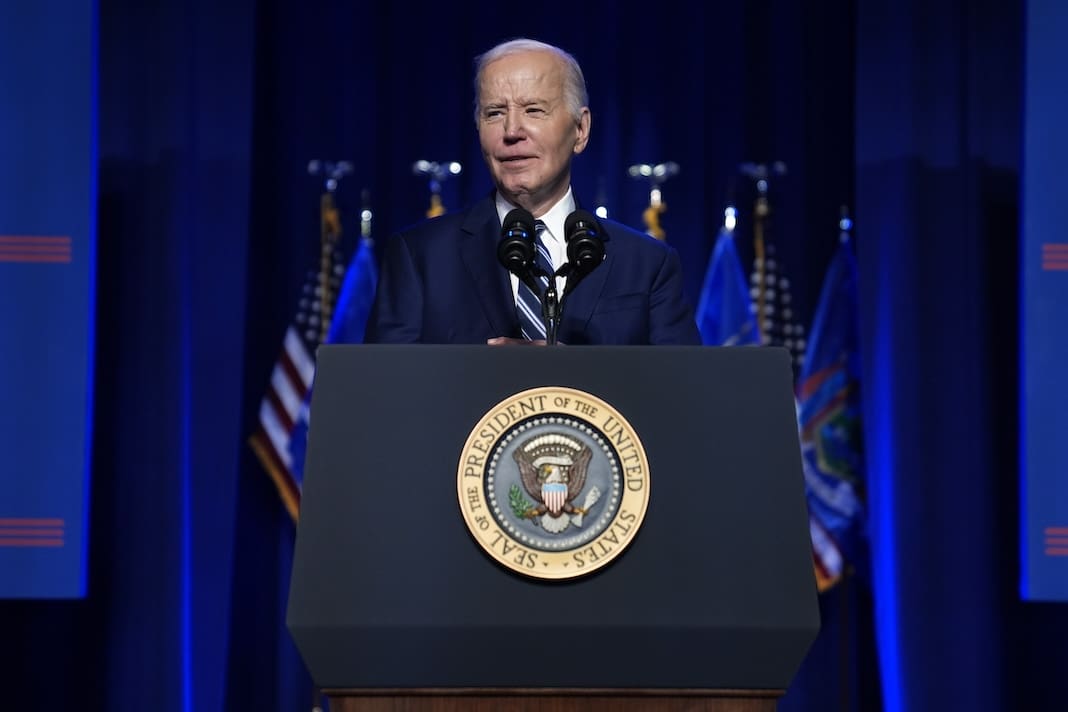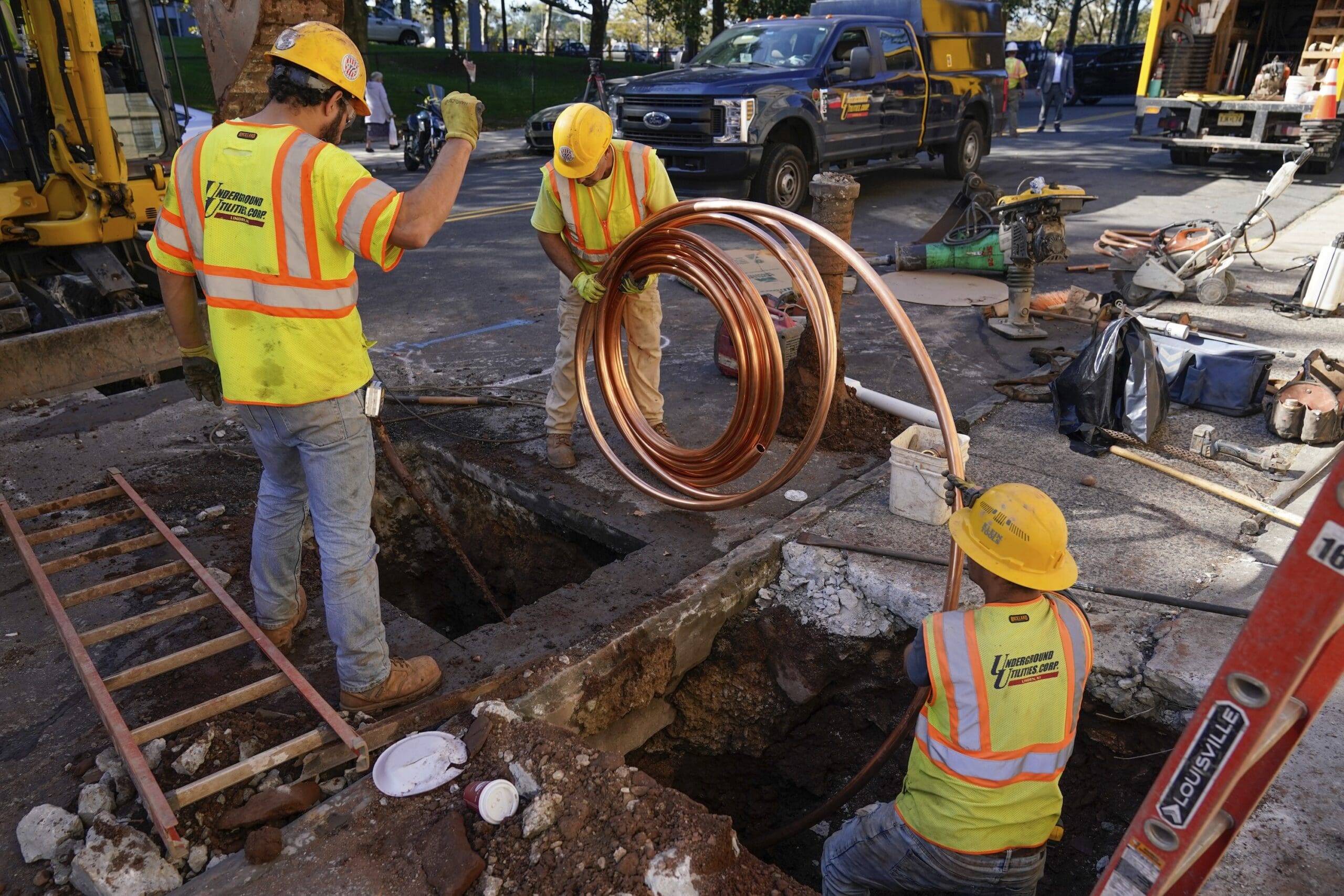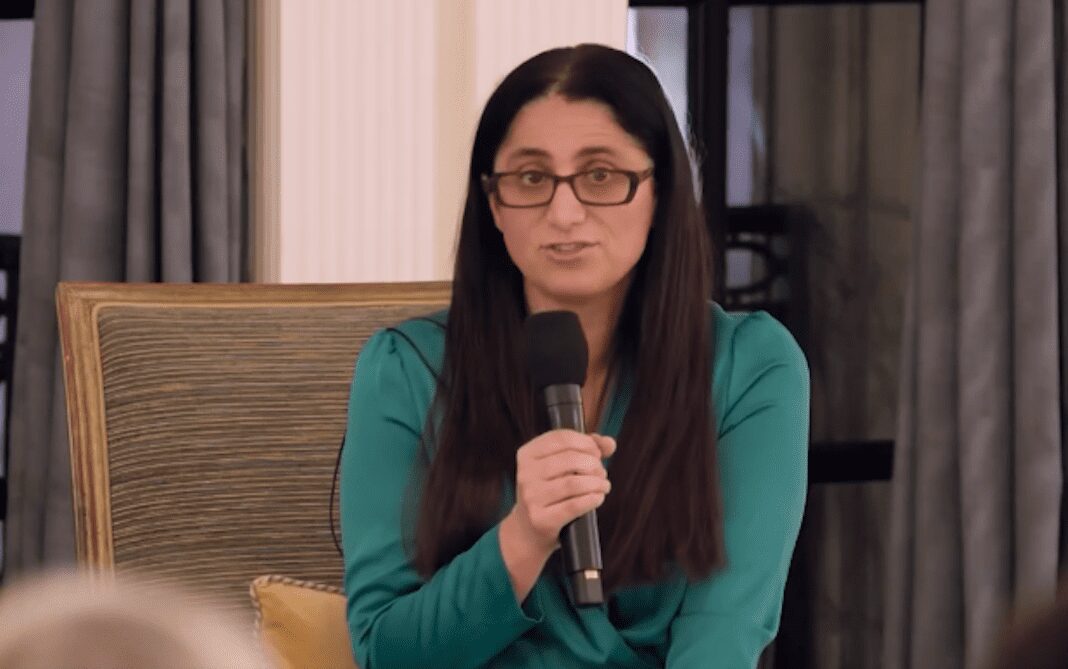700,000 Michigan families to receive an average of $550 by check in February
Under a law signed earlier this year, the state treasury will begin sending out checks to families eligible for the Michigan earned income tax credit.

Thousands of Michigan families can expect extra money via a mailed check from the state once a tax law signed earlier this year goes into effect in February.
The checks will be arriving earlier than expected, Gov. Gretchen Whitmer recently announced. Starting Feb. 13, the state treasury will begin sending the checks out to families who were eligible for the Michigan earned income tax credit based on their 2022 tax returns.
“This directly benefits half the children in Michigan, and moms and dads can use this extra money at tax time to pay the bills, put food on the table, and buy school supplies,” Whitmer said in a statement. “Across the United States, inflation is decreasing and take-home pay is increasing, proving that our work in Michigan and President Biden’s efforts in Washington are moving us in the right direction.”
The earned income tax credit, which began as a federal policy, is a refundable tax credit for low-income workers. The amount received depends on factors that include a taxpayer’s filing status, number of children, and disability status.
Of the 30 U.S. states and cities with their own version of the EITC, Michigan’s ranked among the lowest in percentage before Democrats changed the state’s tax law this year to raise it from 6% to 30%.
The checks to be sent out in February make up the difference between the previous 6% tax credit and the 30% owed under the new law, which applies retroactively to the 2022 tax year. Data from last year’s tax returns shows eligible Michiganders should expect to receive, on average, an additional $550, according to the governor’s office. The EITC expansion is projected to return to 700,000 families an average combined tax refund of $3,150.
Senate Majority Leader Winnie Brinks, a Grand Rapids Democrat, worked as a nonprofit caseworker before becoming a lawmaker. She said in a statement released by Whitmer’s office that the EITC allowed families to pay medical bills, buy clothes for their children, and make car repairs.
“This was one of the first bills our new majority passed for good reason: the EITC has a legacy of being one of the best policies to support work while also helping families out of poverty, making it a win-win for Michigan workers and employers,” Brinks said.
The checks were delayed until 2024 because the bill introduced by Democrats, with their slim legislative majority, was not approved by the two-thirds of members of both the Senate and the House of Representatives required for it to go into effect once it was signed in March.
Republicans took issue with a provision that would have sent out $180 rebate checks to all Michigan residents for their 2022 tax returns. This in turn would have drained a COVID-related surplus of the state’s general fund and prevented an automatic rollback of the state’s income tax rate that is required under a 2015 GOP road funding bill. Following lawmaker debate, Democratic Attorney General Dana Nessel weighed in in March with an official opinion that the tax cut was only a one-time measure, although Republican lawmakers say it should be permanent.
Senate Minority Leader Aric Nesbitt, a Porter Township Republican, said in a Dec. 14 post on social media that families would have received the money months ago but that Democrats “buried it in a tax bill.”
“Just more smoke and mirrors from this partisan Governor,” his post read.
Because it wasn’t given immediate effect, once the Legislature adjourned early on Nov. 14, the 90-day countdown began for the law to go into effect in early February.
The Michigan Department of Treasury will automatically process checks for residents who submitted their 2022 tax return and confirmed eligibility for the EITC. Eligible Michiganders don’t need to submit any additional paperwork to receive the additional tax credit unless they’ve moved and have concerns about their mailing address. The governor’s office estimates it will take between five and six weeks to distribute all payments.
Darienne Hudson, president and CEO of United Way for Southeastern Michigan, praised what she called a “truly exceptional investment.”
“For many years, we have advocated for an increase to the state’s Earned Income Tax Credit, and we are thrilled that Governor Whitmer signed this substantial boost for working families into law,” Hudson said in the statement from Whitmer’s office. “This increase to the state EITC will directly benefit more than two million Michigan children. This provides a meaningful lift to working families’ incomes, many of whom are still struggling in the wake of the pandemic as household budgets are strained by increasing costs and the expiration of covid-era financial supports.”




